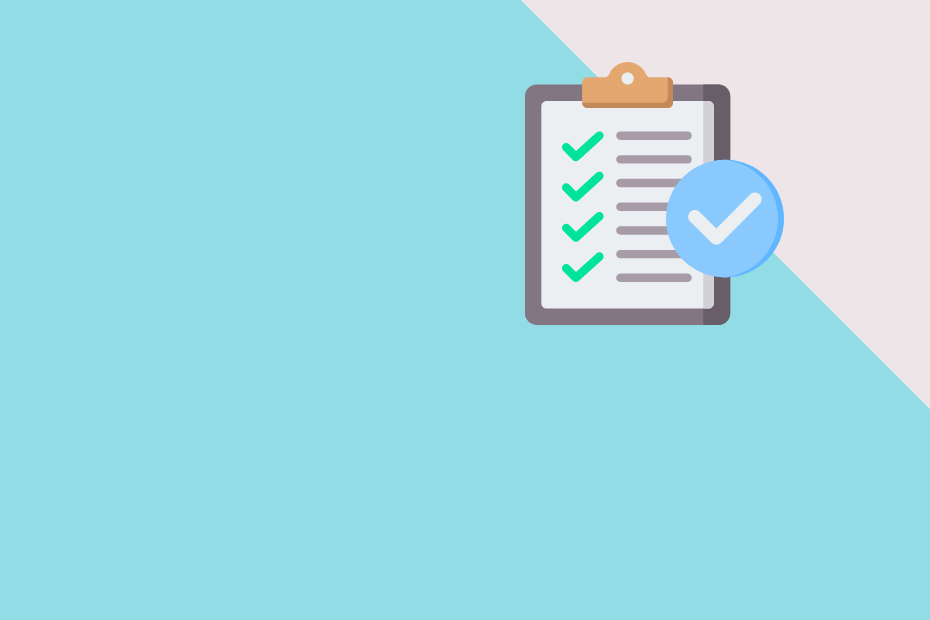Summer heat can be more than uncomfortable — it can be a threat to your health, especially for older adults and children. Whatever your age, don’t let the summer heat get the best of you.
There are two serious situations where heat can affect you and your health:
Heat exhaustion
Heat exhaustion occurs when a person cannot sweat enough to cool the body, usually the result of not drinking enough fluids during hot weather. It generally develops when a person is playing, working, or exercising outside in extreme heat. Feeling thirsty means your body is on the road to becoming dehydrated, so don’t wait to drink until you are thirsty, especially if working (or exercising) outside in extreme heat. Symptoms of heat exhaustion include:
- Dizziness, weakness, nausea, headache and vomiting
- Blurry vision
- Body temperature rising to 101°F
- Sweaty skin
- Feeling hot and thirsty
- Difficulty speaking
A person suffering from heat exhaustion must move to a cool place and drink plenty of water.
Heat stroke
Heat stroke is the result of untreated heat exhaustion. Symptoms include:
- Sweating
- Unawareness of heat and thirst
- Body temperature rising rapidly to above 101°F
- Confusion or delirium
- Loss of consciousness or seizure
Heat stroke is a serious medical emergency that must be treated quickly by a trained professional. Until help arrives, cool the person down by placing ice on the neck, armpits and groin. If the person is awake and able to swallow, give him or her fluids.
Tips for staying cool
- Drink plenty of water – In hot weather, drink enough to quench your thirst. The average adult needs eight 8-ounce glasses of water a day—more during heat spells.
- Dress for the weather – When outside, wear lightweight clothing made of natural fabrics and a well-ventilated hat.
- Stay inside if possible – Do errands and outside chores early or late in the day.
- Eat light – Replace heavy or hot meals with lighter, refreshing foods.
- Think cool! After work, take a cool shower or apply a cold compress to your pulse points.
Does your workplace have first aid materials and policies in place to assist employees who may be in distress due to extreme heat? BCN Services can help you review these and make recommendations for changes. Contact us if we can help.
Patrick Boeheim, Risk Manager


